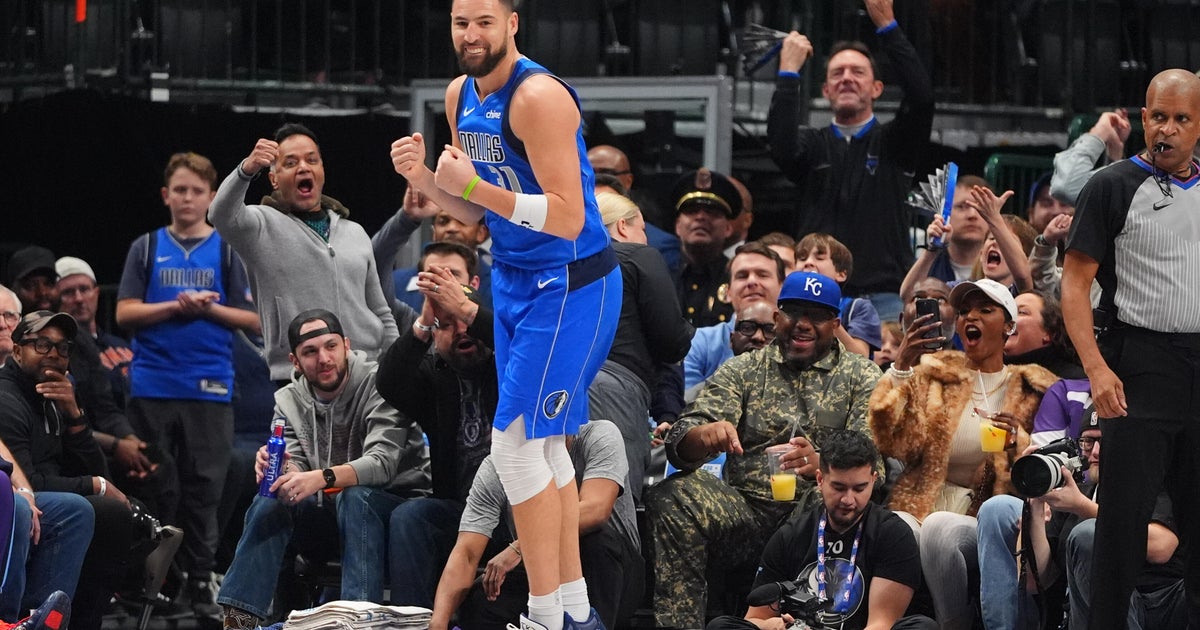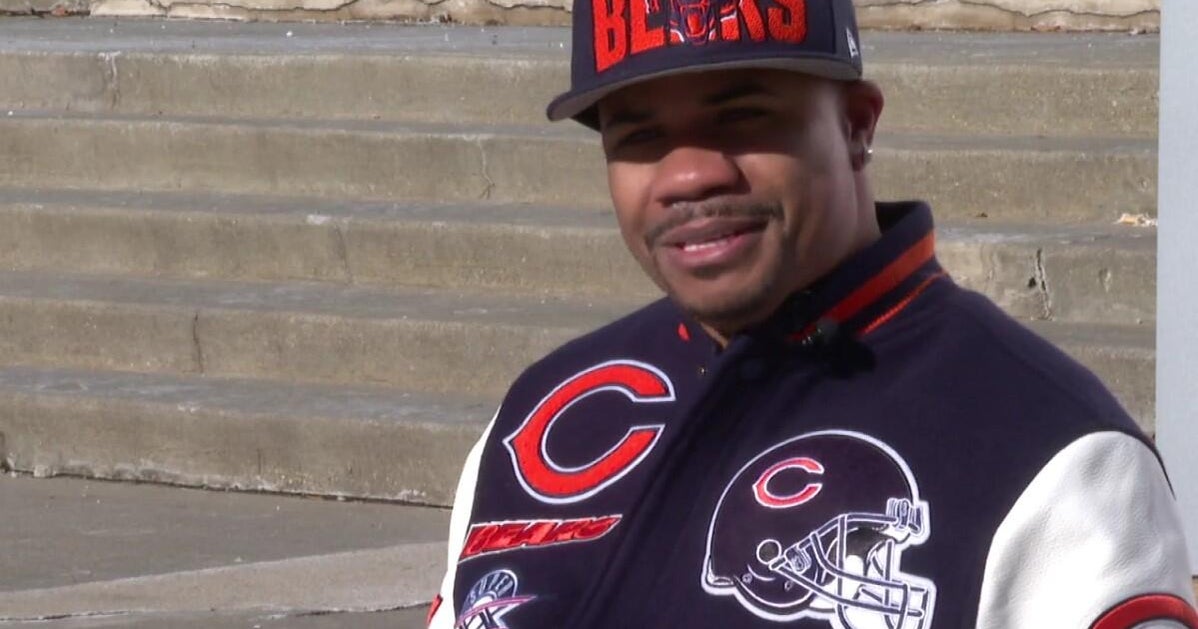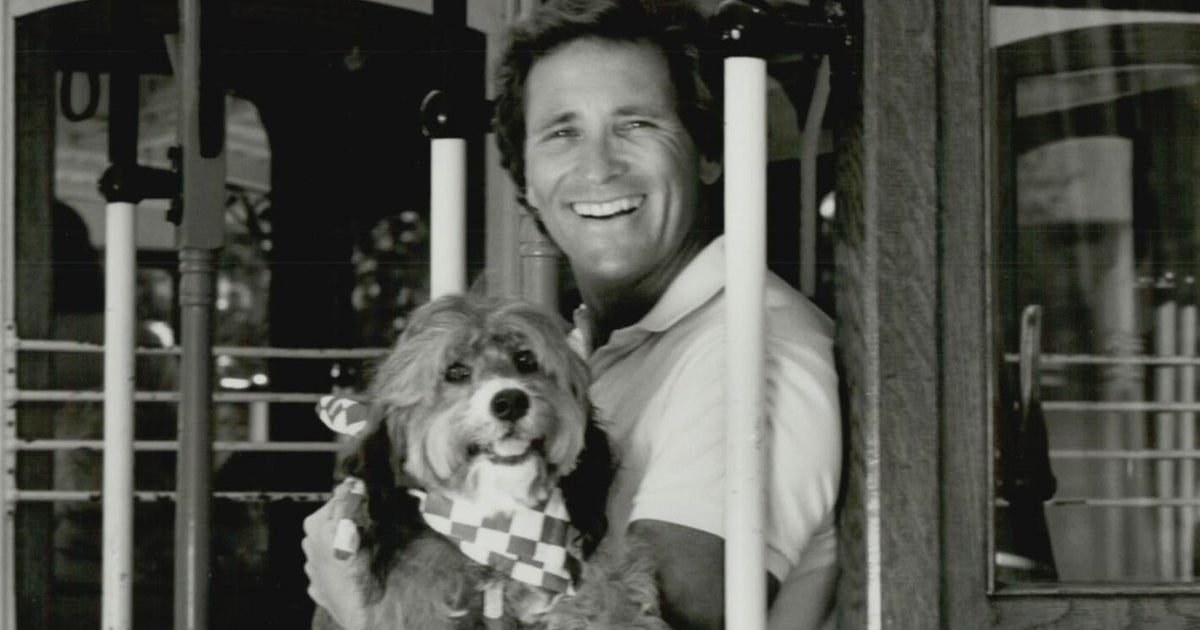History Of The Score: Chapter IV - The AM 670 Years
By Daniel I. Dorfman-
Less than nine years after entering Chicago homes as a daytime only station, the Score was now on the best frequency possible. In that sense, WSCR had come a long way, but the key to any radio station is getting people to listen and that was still a challenge.
One of the first changes tied into the move to 670 was the Score would have its first play-by-play rights to a Chicago professional sports team as the station inherited the Blackhawks from a deal that had been made with WMAQ. Considering the quality of the Hawks at that time, both on and off the ice, not a lot of Denis Savard like spin-o-ramas were turned inside the station about the new addition to the Score family.
"It did open the door that the Score could become something bigger," said former Score reporter Jesse Rogers. "In other markets such as in New York, the sports radio stations were the rights holders to some other teams. But it wasn't a huge deal because the Blackhawks were like a minor league team back then."
Current Blackhawks owner Rocky Wirtz, whose late father Bill was a frequent target of Score hosts, conceded the team did not do all that well in working with the station in the early days of the relationship.
"I think the Score did as good as it could," Wirtz said. "The team itself has to work with the management and the station so some of the times the communication between the Blackhawks organization wasn't where it should have been. It takes both team and management to work together to promote the product. I'm not sure we did that as well as we could have."
Be it hockey, baseball or football, the Score was a place to discuss sports, but that came to a halt on September 11, 2001.
Dan Bernstein and Terry Boers were about to go on the air when the attacks occurred. Boers was too shaken to continue so he left and Bernstein served as an anchor assisted by producer Dan Zampillo.
Four days later Zampillo was proud of a show of his own, that was sports free as he talked with callers about the possibilities of surrendering civil rights.
The Score was in transition at this point and not just because of the move to 670. The cramped Belmont Avenue offices were left behind as the station moved downtown into the WMAQ studios. (At least Production Director Russ Mitera didn't have to worry anymore about being bit in the behind by two Rottweilers as he was one night when he left the old building. Mitera was OK, just the target of some pointed humor about the location on his body where he was attacked.)
New bosses were ushered in as there was a feeling among some in the staff "the inmates were running the asylum."
Years later, Mitch Rosen, who previously had served as Program Director at ESPN 1000, was brought in to lead the Score in a similar capacity, as the station's ratings struggles continued.
"It was all over the place in terms of imaging," Rosen said of what he found when he took the helm in 2005. "There were mixed messages in terms of messages to the audience. When I came in here right at the time when the Illini were headed to the Final Four and the station wasn't promoting it well and we had to capitalize on big events. We had the games on the station so we had to clean up the imaging of the radio station with one message."
One of Rosen's first challenges was the unconventional departure of his afternoon host.
Sun-Times columnist Rick Telander, who had signed on just a few months before, announced in June while on the air that he was leaving the station immediately. That was news to everyone including Rosen. Telander was chafing under the schedule and demands of trying to be both a talk show host and a columnist.
"Nobody knows how much effort and how hard it is to be a writer," Telander said. "Talking is like vapor, it is gone. Writing is there forever. Writing is putting things into coherent thought that should last a long time. I'm not saying it is harder to be a really good radio host. It isn't. But to do both I don't think it is possible and to have a life."
Telander was sitting with his co-hosts Mike Mulligan and Doug Buffone when he decided it was time to say goodbye. "We were laughing and having as good of camaraderie as we could have and it just went through my mind to walk out on a high note right here," he said. "It wasn't premeditated, it might have been premeditated for five minutes but that is about all. I can be impetuous like that."
Rosen had no idea Telander's departure was coming, nor was he distressed about it.
"When I first got here he would walk in minutes before a show without talking to producers or his cohosts," Rosen said. "I didn't think it was healthy and when he resigned on the air, I thought it was a win-win for everybody. He was happy that he didn't have to come downtown to do a radio show and I was pleased that we could move on from that product."
While sports talk radio is similar to baseball in terms of having strikeouts, there are the home runs. One specific time when the bags were cleared occurred when Rosen, in collaboration with then-General Manager Paul Agase, combined two Chicago Sun-Times sportswriters, who didn't really know each other terribly well at the time. Both reporters, who had been working at the Score part-time, were paired for a midmorning program. Years later, no one can deny the partnership of Mulligan and Brian Hanley has been very successful.
"We had a good chemistry right away," Mulligan said. "We have a similar background with the whole Irish Catholic thing. We both love sports. From the get-go we never struggled with chemistry."
"We have a similar sense of humor," Hanley added. "We have a similar sense of professionalism where we try to have our stories right and our sources correct. We also approach it with the same perspective that you want to inform but you also want to entertain."
Of course the challenges that Telander found so formidable were also present for Mulligan and Hanley who had to balance their Score responsibilities while working for the Sun-Times. It wasn't always easy.
"There would be days that I would get off the plane from a Bulls road game and take the first flight back and I would do the show straight from the Berto Center where we had an ISDN line set up there," Hanley said.
Early on in their partnership, the Chicago Tribune's Teddy Greenstein penned a story highlighting differences between talk show hosts at the same station, including Mike Murphy and Mulligan. Murphy confronted Mulligan on the air during a transition segment between the two shows. Neither side backed down.
"My personality is such that I am going to push back," Mulligan said. "It is just the way I am built. I am just not going to take a lot of guff. I grew up with bullies and I know how to handle it," Mulligan said. "That was awkward. It was difficult for Brian to sit through as it was unfair to him. In retrospect I regret having the conversation with Teddy."
(Murphy declined interview requests for this series.)
That confrontation crystallized the fact that like any work organization, sometimes people weren't going to be on the same page at the Score. But what makes sports radio unique is that it can provide the personnel the opportunity to get close to historical sporting events.
In 2003, longtime Score voice George Ofman was covering the Cubs in Atlanta as the teams played the deciding game of the National League Division Series. "It was an extraordinarily eye opening experience as I was sitting in the press box two and a half hours before the game and the fans start chanting, "Let's go Cubs," Ofman recalled. "For that series there were as many Cubs fans in the stands as there were Braves fans. They wound up winning a playoff series for the first time since 1945. Kerry Wood is spraying champagne on the fans. It was record attendance and half the fans were Cubs fans."
For Score reporter David Schuster, something similar happened for him two years later when he watched the White Sox win the World Series in Houston despite battling a 103 temperature.
"There was no way I was going to miss covering the games obviously," Schuster said. "When they finally won it, I remember specifically standing on the mound during the celebration and just looking up and there was a full moon and saying how fortunate I was because here was my childhood team and I am in the midst of the celebration."
Of course covering that World Series was not just fun for Schuster, it was the zenith for fans who had endured an 88-year drought to see the Sox capture a championship.
On that night, many fans used the Score to let the public know how happy they were.
"When the White Sox won the World Series it was probably one of the best moments of my broadcasting life," said former Sports Director Andy Garcia. "We were doing 24 hour White Sox. Laurence Holmes and Jesse Rogers were on until 6:00 am the next day. The calls did not stop and kept coming in. We would replay an interview and we would get ten minutes of sleep so we could be ready for the next segment because calls would be coming in. It wasn't just White Sox fans, I think it was just baseball fans overall excited about a local team in it. It was the best broadcast we had."
Oh, and by the way, when the Sox went out to defend their championship in 2006 and every season since, the games have been on the Score as the station management team of Agase and Rosen successfully secured play-by-play rights.
"Most sports stations around the country when you have a major league team or a franchise play by play on your station it takes you to the next level. Not just audience but from a stature or image audience," Rosen said. "All in all it brings you to the next level and I think that was the one thing the Score was missing was a major franchise on the radio station."
(Rosen and Senior Vice President/Market Manager for CBS Radio Chicago Rod Zimmerman said their relationship with the White Sox is a partnership and the team does not put pressure on Score hosts to hold back on their analysis.)
As one franchise arrived on the Score, another one soon left.
The Blackhawks had an arrangement with the Score that they paid for the air time and sold their own advertising. By 2008 as interest in the team was picking up, the Hawks opted to move away. Even though the Hawks quashed a 49-year championship drought in 2010, Rosen has no regrets.
"It was a business decision and life goes on," he said. "Would I have loved to have had the Blackhawks when they won the Stanley Cup? Absolutely. There were a lot of years of pain and suffering here. Personally I am a big Hawks fan but sometimes your emotional feelings can't cross the way with business. At the end of the day it is not a huge ratings play. It is an image play and a financial play but I don't think we lost audience because we didn't have the Hawks."
Besides the Hawks, there was another departure in 2008 for the Score, which at one point would have been unthinkable. Mike North, whose entertaining and - at times – controversial days as host came to an end.
Years before, North signed a multimillion dollar contract making him the highest paid employee at the station. It was a climb to the top for North who was never shy about promoting himself, but some felt that came at the expense of others.
"Let's face it I hit the motherlode and I can see on a team where there was jealousy," North said. "But I would also make the phone calls to get as much publicity as I could. I had my producers do the same if we had a good interview. We worked the phones and people always called me a self-promoter, but it was always Mike North from the Score. The Score came first."
That wasn't a universal opinion.
"I think there are some people who handle success better than others," said Terry Boers when asked about North. "Some people don't handle success very well at all. Also, there are people who spend far more time trying to run an entire station than just trying to do their job and allowed to do so."
In 2004, North took over morning drive with the freedom to talk about items away from the sports page which in hindsight he concedes was a mistake.
"People got tired of coming to me and expecting me to talk about the Bears and we were talking about the price of coffee at Starbucks," he said.
North eventually went back to all sports but continued to have ratings issues.
However, he did return to the headlines in May 2007 when former White Sox manager Ozzie Guillen (and doesn't that sound strange?) called in and cursed repeatedly at North as North was talking about a lineup change involving Sox catcher A.J, Pierzynski.
"One day I am talking about Toby Hall who has never done a damn thing," North said. "I go on the air and say, "How can you start Toby Hall when he is not ready? Then Ozzie calls in and then he goes off the wall and I go off the wall on him. To me, if I talked like that I would have been fired."
Few knew at the time that a little over a year later North's time at the Score would be coming to an end. In the summer of 2008, North and the station could not come to terms on a new contract and the man so closely associated with the station since its inception, was out.
No one can deny North' s connection with the fans was one of the reasons for the Score's success. His all–day marathons raised lots of money for charity and he is still thought of highly by some executives and employees.
At the same time, North's frequent controversies that landed him in trouble with various ethnic groups may have led for his popularity to wane enough that management decided they could move forward without him.
Looking back North said his only disappointment about the way his run ended was that he was not able to say goodbye to his listeners.
"Is Mike North mad at anyone? Absolutely not," he said. "Is Mike North happy for the Score's existence? If it wasn't for the Score, I wouldn't have anything. The Score made my life from beginning to end. My association with this wonderful and all the people I've known, I don't regret one bit."
Station management did not discuss North's departure, but do not deny his contributions.
"Mike was a Score original who helped put the station "on the map," Zimmerman said. "He will always be part of the station's history and defining time period."
So as one long time Score voice departed, another one returned as the station entered into a period of stability and success.
Chapter V: The Present And Future
About This Series
Daniel I. Dorfman is a Chicago-based writer who has maintained a freelance relationship with WSCR since October 2010.
Dorfman was permitted to pursue any line of questions he believed to be appropriate for this series.
Many current and former WSCR employees were approached to give their reflections on their time at WSCR. Some chose to participate, some did not.







